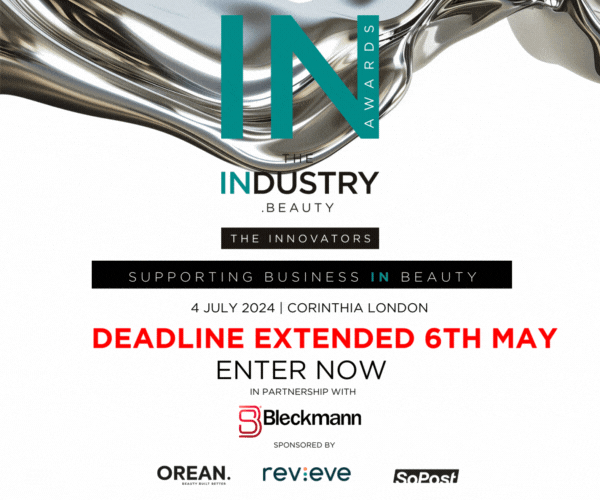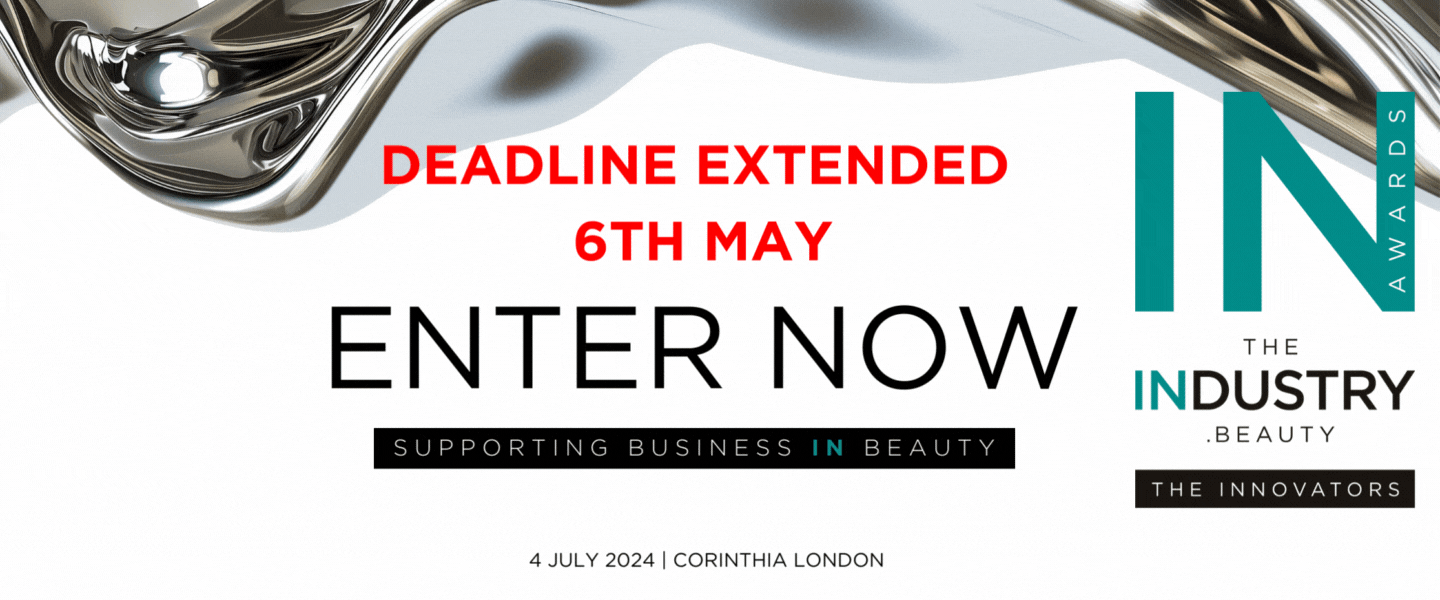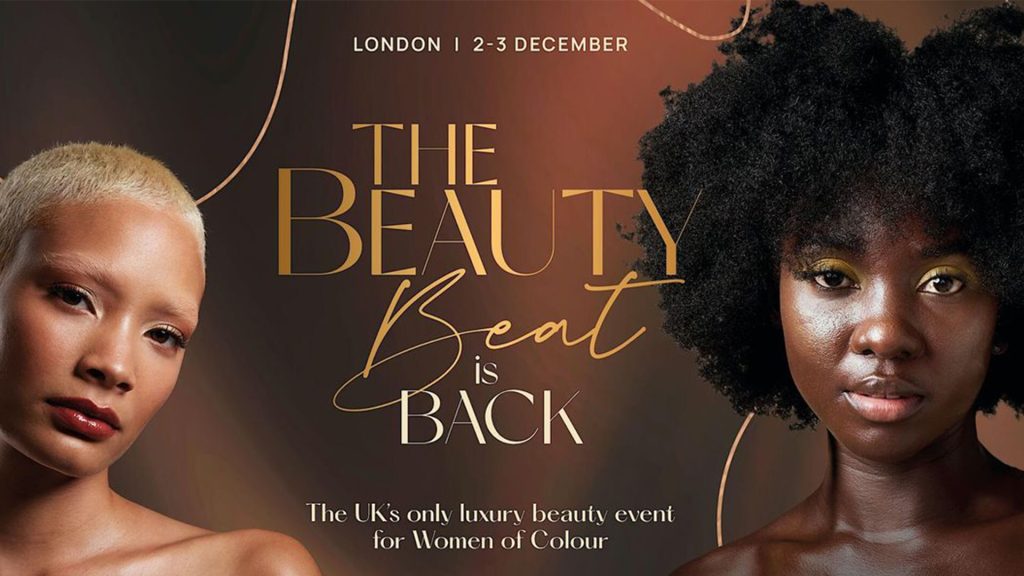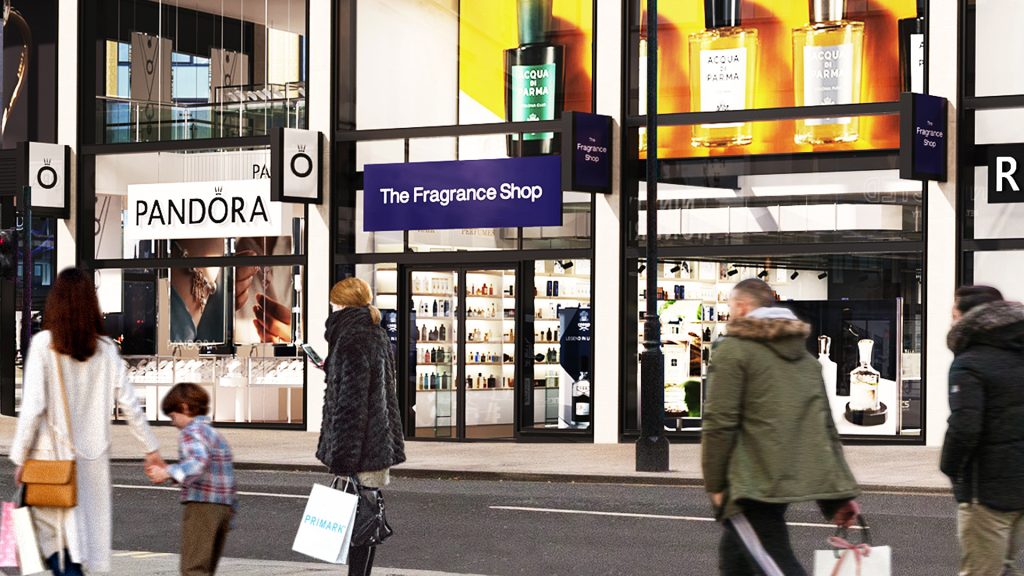Why YSL Beauty is shining a spotlight on intimate partner abuse with new campaign
YSL Beauty has today unveiled Mistaken for Love, the latest campaign to form part of its global Abuse Is Not Love programme, which aims to educate and support those in abusive relationships. Spoken word artists and survivors appear in the campaign to share the warning signs of intimate partner abuse (IPV) and to emphasise how abusive relationships are often disguised as passionate love.
YSL Beauty launched its Abuse Is Not Love programme in 2020 and since then has made a significant impact in educating young people about intimate partner violence and supporting grassroots organisations on a global scale.
The programme continues to invest in resources and support for those in abusive relationships, while also providing tools for those looking to become allies, with a focus on identifying and understanding the nine key warning signs associated with IPV. Since its inception, more than 630 000 people have been trained in over 25 markets globally with local grassroots non-profit organisations.
New global research sampling more than 10,000 people across five countries revealed that 46% of people have experienced behaviours that they thought were love at the time, but only realised in the aftermath were abuse. Additionally, 32% of people said hearing other people’s stories of abuse, has made them more aware of behaviours in their own relationship and more likely to get help if needed. In the UK almost 1 in 3 (32%) people say they have experienced behaviours that at the time they thought were love, but in the aftermath, they realised were abuse (such as jealousy, control, manipulation, love bombing etc.)
Based on survivors’ testimonials, each of the nine episodes of the new Mistaken For Love campaign has been rewritten by spoken-word artists, love-poets, and activists, including British love-poet Dan Whitlam, Dutch artist Zoe Love Smith, survivor Widya Soraya, and Ynaee Benaben, co-founder of the French NGO En Avant Toute(s).
Each talent recreates a deeply intimate performance and tactfully deconstructs abusive behaviours, by adding their own personal reflections and artistic sensitivity to the topic. Through each poem, they creatively explored the hidden facets of coercive dynamics, where, for example, control is often disguised as passion, surveillance concealed as caring, and love-bombing a tactic for emotional coercion.
YSL Beauty Global Head of Brand Corporate Engagement Juleah Love, the driving force behind the Abuse Is Not Love programme, talks TheIndustry.beauty in more detail about the initiative and explains why the beauty giant is so committed to this cause.

Juleah Love
Before we talk about the campaign, can you please explain your role at YSL Beauty?
At YSL Beauty, I am the Global Head of Brand Corporate Engagement, and I developed and created the Abuse Is Not Love program. It started from years of research and forming NGO partnerships and we launched it officially externally in 2020. With my team we manage the global strategy as well as work closely with our markets to roll it out in a locally relevant way in each of our key subsidiaries.
Abuse Is Not Love is an extremely thought-provoking campaign, can you tell us about its origins and why YSL Beauty chose this particular issue to shine a light on?
As a brand we have always stood for the independence and liberation of women. Violence against women stands in direct opposition to that important value. The Abuse Is Not Love program focuses on IPV (intimate partner violence) specifically because IPV is one of the most under-funded, under-reported, and most common form of violence against women.
It affects an estimated 1 in 3 women around the world, regardless of who they are or where they come from. To reduce and eventually eliminate IPV we need to have a multi-disciplinary approach with wide scale actions and Abuse Is Not Love aims to do just that.
The program is built on 4 key pillars: first, educating 100% of the YSL beauty employees worldwide, second supporting local non-profit partners in prevention and support in our markets, third publishing thought leadership, and fourth wide scale awareness campaigns to educate the public and signpost for support services.
This latest Mistaken For Love campaign sees spoken word artists and survivors talking about instances of abusive relationships, please tell us about this format and why you chose to present the stories in this way.
In a recent study, we found that 46% of people have experienced behaviours that at the time they thought were love, but in the aftermath, they realised were abuse (such as jealousy, control, manipulation, love bombing etc.) Our goal is to shed a light on how these abusive behaviours can often be disguised as love. Throughout various media – be it movies, books, or other platforms – and in real life, we’re used to seeing abusive behaviours portraited as demonstrations of deep love. This reality often goes unnoticed and often leads to escalation of physical, emotional, and/or sexual violence. Far too often, the presence of abuse is realized in hindsight. By sharing these survivor testimonials, we hope that if someone who is watching it is experiencing something similar, they will understand the situation and have the tools and resources to get help.

Dan Whitlam
What’s striking is that some of the early signs of an abusive relationship may well be hard to spot, when you are in that relationship, tell us why it’s so important to recognise the issue early.
Abuse can come with warning signs, that often escalate to more severe types of physical, sexual, and emotional violence. If we are more aware of these signs we can better seek help or offer support before it escalates. By identifying behaviours that are unhealthy or toxic we can have an honest conversation about them and learn how to deal with the emotions or mechanics that lead to abuse. Abuse Is Not Love is all about that: destigmatising talking about the issue, giving accessibility and understanding to a difficult topic, and making sure that we have the resources to get help, because we all deserve healthy loving relationships.
You are partnering with NGOs globally to support the campaign, who are your partners in the UK?
In the UK we partner with Women’s Aid, the national domestic abuse charity, with the goal to end violence against women and girls. With them we have developed and run two key programs: (1) THE SAFER FUTURES PROJECT which trains 40 new schools advocates who support schools to develop whole school policies to address sexism and gender-based violence and train within the school system and (2) THE EXPECT RESPECT TOOLKIT which is a guide for teachers and professionals and contains age-appropriate activities that support children through primary education. We are very honoured to work so closely with Women’s Aid, as a key partner of the Abuse Is Not Love program, they have been instrumental in developing, deploying, and activating the cause.
How will you be spreading the word about the campaign across your channels?
The series will start to go live on our social media handles and will be also relayed by the incredible talents we worked with: Dan Whitlam, Widya Soraya, Zoe Love Smith, and Ynaee Benaben.
What are the aims for the campaign globally – we understand you plan to run it for many years to come?
This program is a long-term initiative, working hand-in-hand with our partners for systematic change. Our aim is to educate 2 million people by 2030.
Can you provide us with some examples of the successes you have had with the campaign to date?
To date, we have been able to have over 630,000 beneficiaries of the program. That means people who have either gone through in-depth training of the cause, or people who have benefited from a support service, such as a hotline, chat support, psychological support, etc. through co-built programs with our non-profit partners in over 25 markets. We also know the importance of changing internally, and so far, we have upskilled over 9,000 internal employees to be champions of the cause.
We have also published 2 pieces of thought leadership, the first in the Harvard Business Review on how IPV is a workplace issue, and the second on the lived experiences of the LGBTQIA+ community.
We are also strongly aligned with the L’Oréal Groupe on this topic: in line with the discussions with the ILO and the adoption of the first international convention against violence and harassment in the workplace, L’Oréal showed its commitment by creating a dedicated HR policy on domestic violence in 2021. In 2022, 37 entities had already deployed their policy at the local level.
As well as the videos, what other resources are you making available to people who may see the campaign?
All of our NGO partners are available to welcome people in any capacity, should they need help themselves, want to help a loved one, or want to be upskilled on the issue. Every time we communicate, we signpost for our non-profit partners so that those who do need help can get they need. We have also developed a training which people can take at abuseisnotlove.com to better understand IPV, how it happens, and how to help someone in need.
Why, as a beauty brand, is it so important for you to have a purpose such as Abuse Is Not Love?
At YSL Beauty we believe in women’s liberation and freedom, and we believe we have a part to play in tackling the world’s most pressing challenges. IPV is impacting 1 out of 3 women worldwide, with devastating and often deadly consequences. Abuse Is Not Love is our promise to fight for what we believe is right, that no one should suffer from this type of violence.





